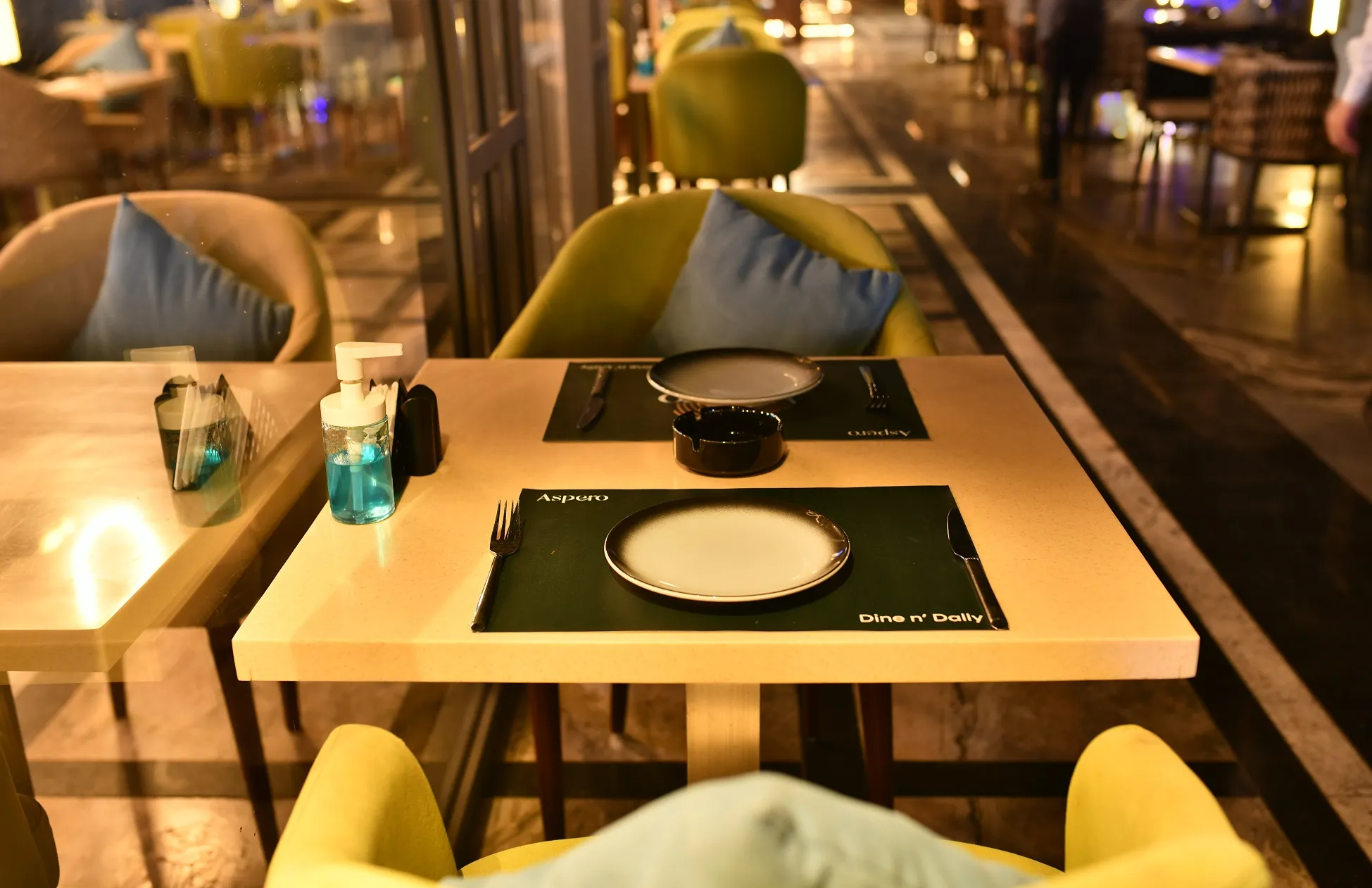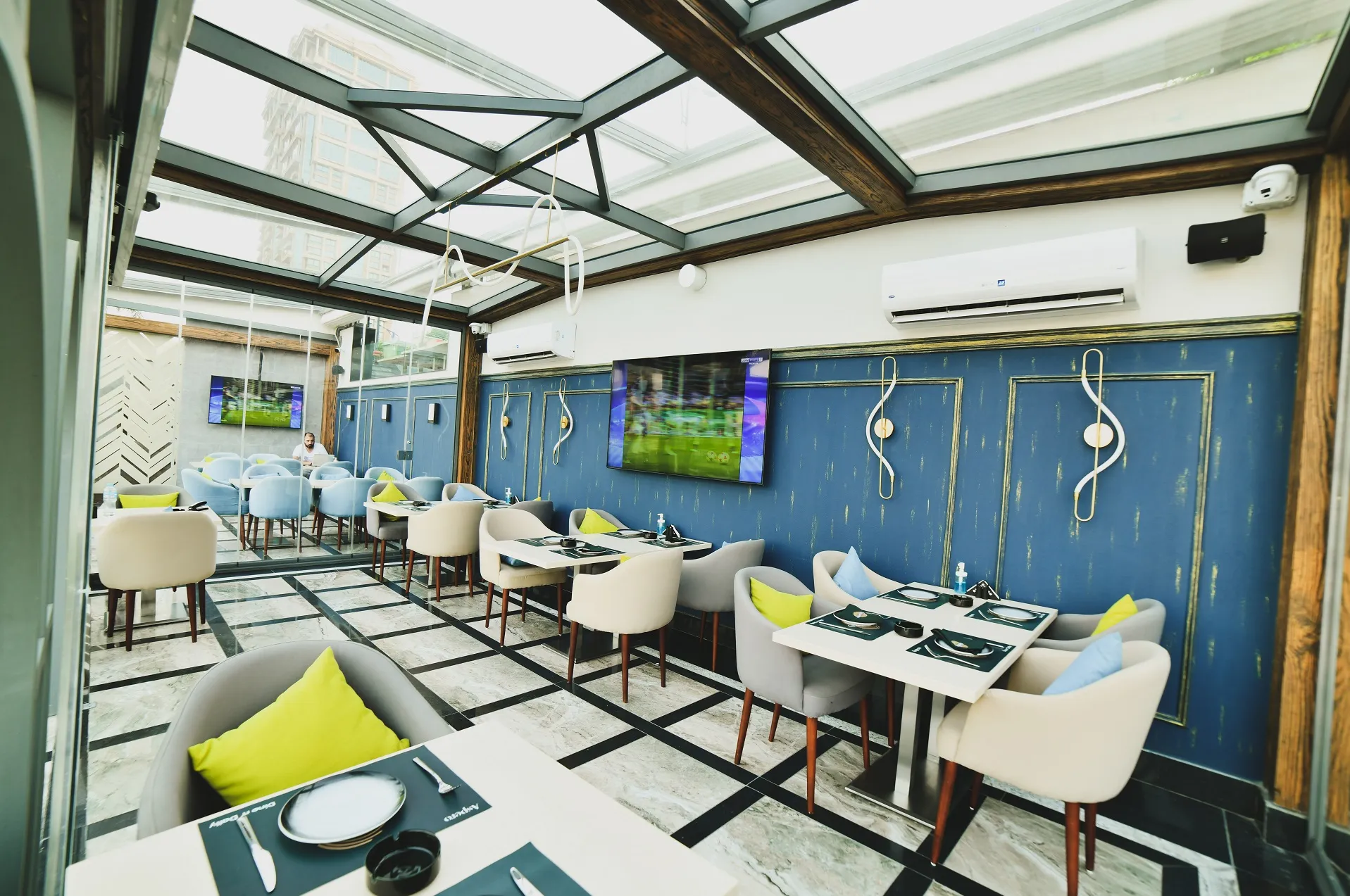What makes a restaurant fine dining is a question that many food lovers, travelers, and entrepreneurs often ask. Fine dining is more than simply eating a meal in an expensive restaurant. It is about a complete experience shaped by food quality, service, ambience, and exclusivity. Unlike casual or family-style restaurants, fine dining focuses on creating memorable moments where every detail is carefully curated. From the way dishes are plated to how guests are greeted, fine dining restaurants transform eating into an art form.
The Essence of Fine Dining
Fine dining is built on a foundation of quality and refinement. While casual restaurants prioritize convenience and affordability, fine dining elevates the experience through attention to detail.
-
Precision and Creativity in Food
At the heart of fine dining is food that is both technically precise and artistically presented. Chefs use premium ingredients, innovative cooking techniques, and detailed plating to create dishes that stimulate all the senses.
-
Personalized and Attentive Service
Fine dining service goes far beyond taking orders and delivering food. Servers are trained to anticipate needs, suggest pairings, and ensure that every guest feels special. The pace of service is carefully managed to create a relaxed yet elegant flow to the evening.
-
Ambience and Atmosphere
Lighting, décor, tableware, and music all contribute to an environment of sophistication. Fine dining restaurants design spaces that complement their culinary vision, from minimalist modern interiors to ornate luxury settings.

Key Characteristics of Fine Dining Restaurants
Several features consistently define fine dining restaurants around the world.
Exceptional Quality of Ingredients
Fine dining establishments use premium ingredients sourced from trusted suppliers. Seasonal produce, organic items, and rare specialties often feature on menus.
A Curated Menu
Menus are typically limited but carefully designed. Many fine dining restaurants offer tasting menus that showcase the chef’s creativity across multiple courses.
Wine and Beverage Pairings
An extensive wine list or curated beverage program is a hallmark of fine dining. Sommeliers or trained staff guide guests toward pairings that enhance each dish.
Attention to Detail
From polished glassware to perfectly folded napkins, details are never overlooked. Even the smallest touches reinforce the sense of quality and exclusivity.
Why People Choose Fine Dining
Dining in a fine restaurant is about more than food – it is about meaning and memory.
Celebrating Special Occasions
Anniversaries, proposals, and milestone birthdays are often celebrated in fine dining venues. The atmosphere adds to the significance of the moment.
Business and Networking
Executives often choose fine dining restaurants for meetings and negotiations. The exclusivity and professional service create the right environment for high-level discussions.
Cultural and Lifestyle Appeal
For many, fine dining represents sophistication and cultural engagement. Guests enjoy being part of an experience that reflects refinement and status.
The Role of Staff and Service
Service plays a defining role in fine dining.
- Knowledge: Staff are trained in food preparation methods, wine pairings, and etiquette.
- Professionalism: Servers maintain a formal yet welcoming tone throughout the meal.
- Anticipation: Fine dining service is proactive, with staff anticipating needs rather than reacting to them.
Ambience as Part of the Experience
Ambience distinguishes fine dining from other forms of dining. Restaurants invest in design, lighting, and layout to create spaces that feel both exclusive and comfortable. Everything from the furniture to the table setting contributes to the restaurant’s identity and guest experience.
Challenges of Fine Dining
While fine dining sets high standards, it also faces challenges in maintaining them.
-
High Operating Costs
Premium ingredients, trained staff, and sophisticated décor require significant investment.
-
Customer Expectations
Guests arrive with high expectations. Consistency and excellence must be delivered every time, which can be demanding for both staff and management.
-
Changing Trends
As dining preferences evolve, fine dining restaurants must balance tradition with innovation. Some guests want formal experiences, while others seek a more modern, relaxed interpretation of fine dining.

The Future of Fine Dining
Fine dining is evolving to meet the demands of new generations. Restaurants are experimenting with immersive experiences, sustainable practices, and personalized service models. From eco-friendly menus to technology-driven dining, the future of fine dining is likely to combine tradition with modern innovation.
Finally
What makes a restaurant fine dining is not just the food, the décor, or the price – it is the harmony of all elements coming together. From premium ingredients and expert service to refined ambience and cultural prestige, fine dining is about creating lasting memories. For guests, it is a celebration of life’s most important moments. For restaurants, it is the art of elevating dining into an unforgettable experience.
 Phone: +010 50 855 838
Phone: +010 50 855 838  Email: restaurant@asperogroup.com
Email: restaurant@asperogroup.com 


Comments are closed